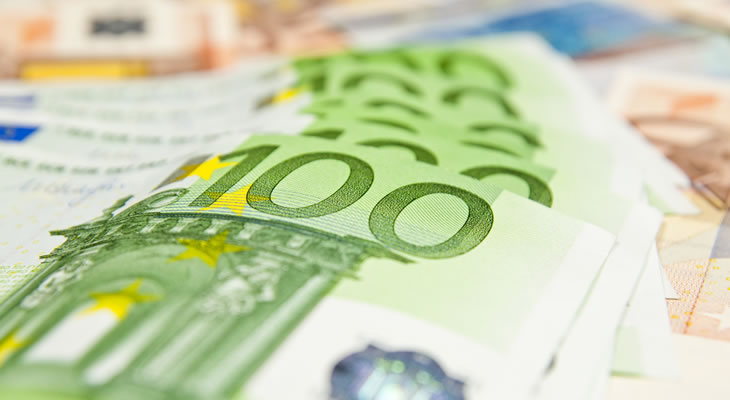Although German industrial production unexpectedly contracted on the month in June this was not enough to prevent the Euro Pound exchange rate trending higher at the start of the week.
As monthly readings can prove to be misrepresentative in their volatility investors did not see this as any particular cause for concern.
Even so, the underlying health of the Eurozone’s powerhouse economy remains somewhat questionable, given the weakness of other recent German data such as July’s retail PMI.
Any deterioration in trade conditions could give investors fresh reason to sell out of the single currency, though, with any slowing in the German economy boding ill for the health of the wider Eurozone.
While there have been concerns that the large German trade surplus has negative implications for other members of the currency bloc any signs of weakness are unlikely to be welcomed by investors.
Even so, if the finalised German consumer price index confirms that inflationary pressure mounted in July this should offer the Euro continued support ahead of the weekend.
Pound Falters as UK House Price Growth Eases
The mood towards the Pound, meanwhile, deteriorated on the back of the latest Halifax house price index, which indicated a slight loss of momentum within the UK housing market.
Investors were not impressed by this modest slowing in house prices, which added to concerns that consumer confidence is coming under increasing pressure as a result of persistent Brexit-based uncertainty.
Support for Sterling is likely to remain limited in the coming weeks even in the absence of any major political developments, as Viraj Patel, Research Analyst at ING, noted:
‘While headline-driven GBP moves have recently subsided, we note that the currency is far from out of the woods when it comes to political event risks. We earmark October as the next key month for GBP markets; both the Tory Party Conference (1-4 Oct) and the final round of opening Brexit talks (Oct 9) will shed light on the stability of the UK political environment, as well as any progress being made when it comes to the UK’s ‘smooth’ exit from the EU.’
Even so, further volatility is likely in store for the GBP EUR exchange rate on the back of Thursday’s raft of UK production and trade data.
Forecasts point towards a moderate rebound in activity following May’s rather lacklustre performance, an outcome that could encourage the Pound to trend higher against its rivals.
However, if the NIESR gross domestic product for the three months to July fails to impress this could shore up the EUR GBP exchange rate.


Comments are closed.